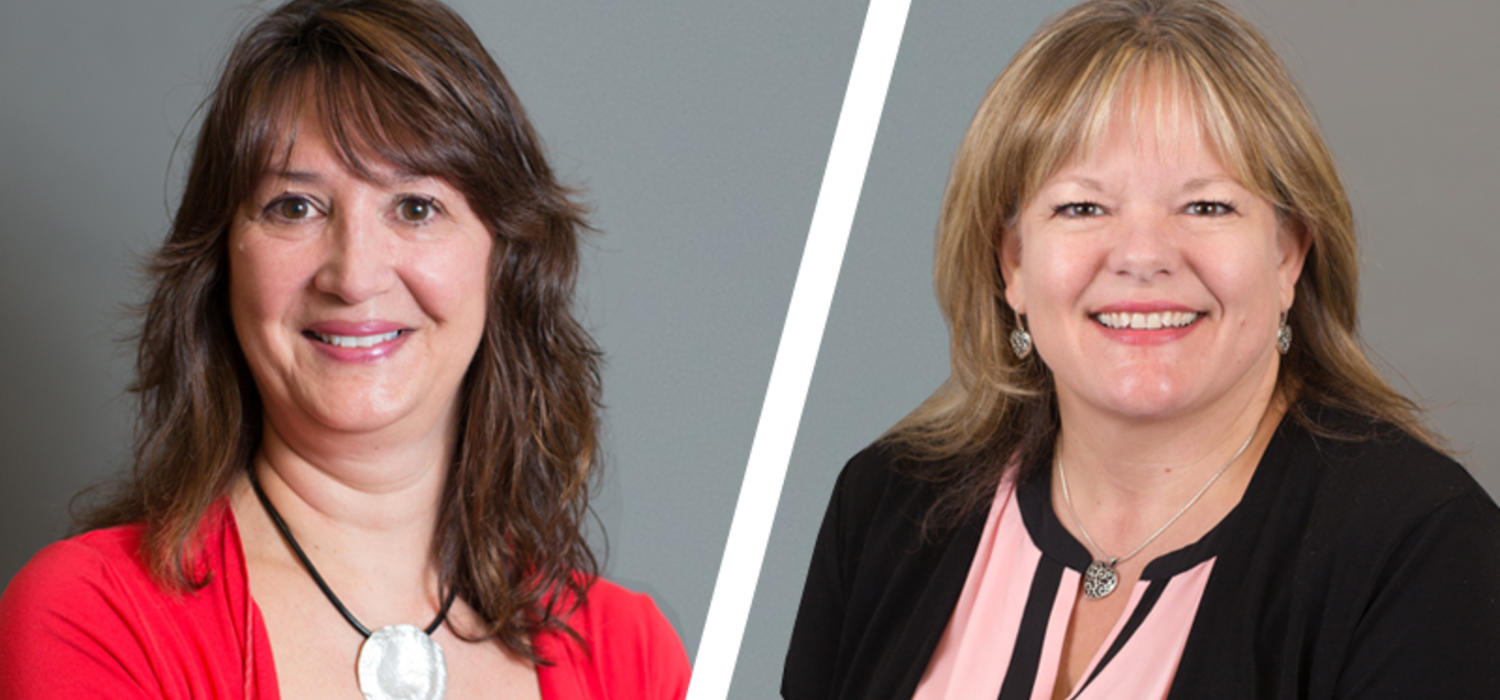Feb. 17, 2016
New Werklund course responds to need for indigenous dialogue

Last year, when the Truth and Reconciliation Commission released its findings and recommendations charting a way forward for the indigenous and non-indigenous people of Canada, many scholarly institutions began to think about what could be done to spur the dialogue between individuals with a desire to explore what the commission’s findings mean, and how they might play a part in driving positive change in the future.
In response to the report, and with the recognition that a broader understanding of the issues surrounding the historical relationships between indigenous and non-indigenous people is critical to the process of reconciliation, the Werklund School of Education developed a graduate cohort as part of its Master of Education (interdisciplinary) program.
Course suits diverse professional needs
“Along with educators and school leaders, we find that many of the people who are accepted into our MEd Interdisciplinary program come from different career areas,” explains Michele Jacobsen, associate dean of Graduate Programs in Education.
“It’s not uncommon for a social worker or psychologist, for example, to find a program within our offerings that aligns with his or her professional needs.”
“And we find that this diversity carries across most occupations and fields of study.”
Direct response to Truth and Reconciliation Commission
Such is the case with the new MEd Interdisciplinary cohort entitled Indigenous Education: A Call to Action. Offered for the first time this summer, the four-course graduate pathway, which is part of Werklund’s adult learning specialization, is in direct response to the TRC’s calls to action targeted at educators, church leaders, policy makers, and other concerned citizens to embark on the work of reconciling relations between indigenous and non-indigenous people.
“During this program, we’ll be focusing on such topics as anti-racism and social justice education, Indigenous arts and adult education, culminating in a critical service learning project,” explains Yvonne Poitras Pratt, one of the program’s academic coordinators.
Summer courses followed by online studies
The cohort consists of two concurrent summer courses followed by two online courses over the fall and winter, and is designed for those who wish to explore, and enact, their own responses to a national call for reconciliation with Canada's First Peoples.
“We expect that our students will be exposed to a range of theories, research, creative expressions, and case studies that will help them better understand and explore their role within the TRC report,” says Poitras Pratt.
“Ultimately, our goal is to build understanding and a foundation from where we can all begin the process of reconciliation.”
The program begins this summer, and applications are being taken through March 15.
